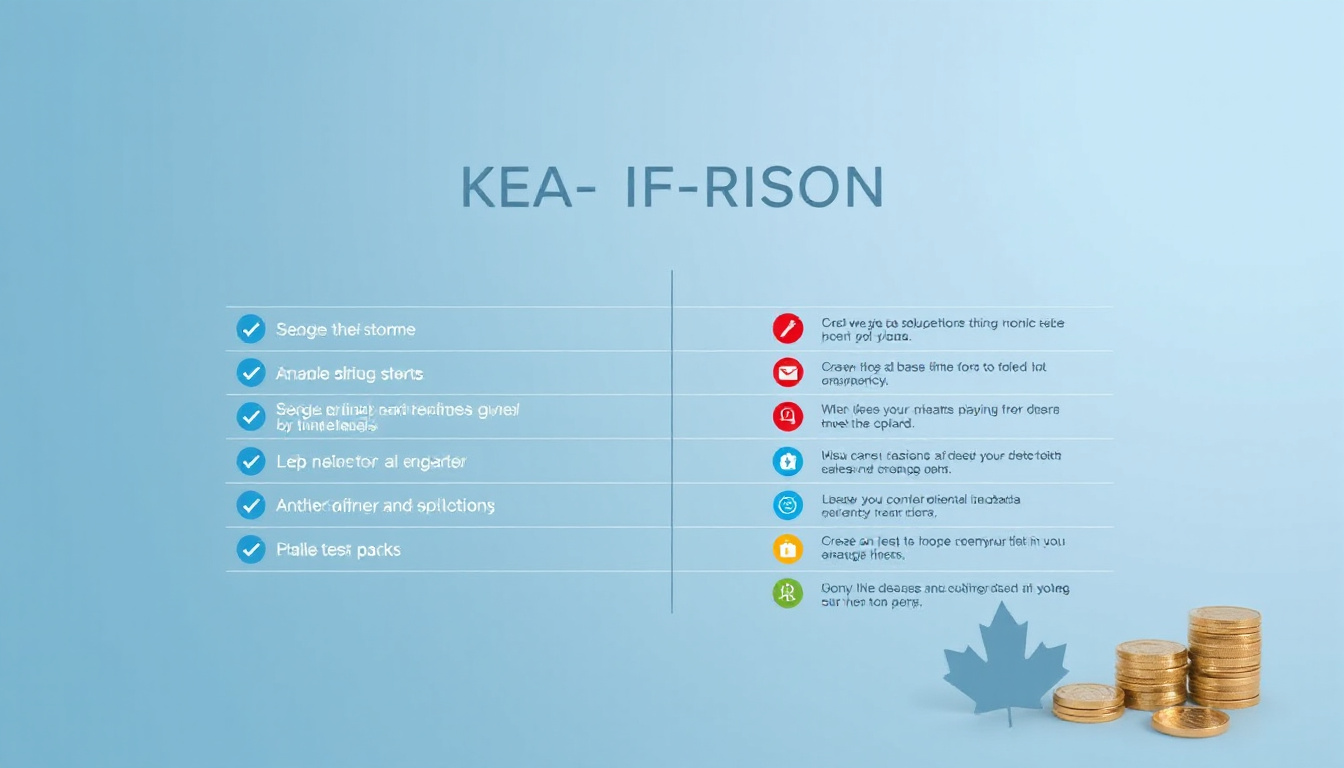Navigating the world of debt management can often feel overwhelming, especially for Canadians seeking solutions to their financial challenges. For many, the terms ‘debt consolidation’ and ‘refinancing’ frequently come up when considering options for managing their debt. But is debt consolidation the same as refinancing? While they are both strategies aimed at simplifying payments and potentially reducing overall debt, they serve different purposes and can yield varying results. In this article, we will delve into what debt consolidation and refinancing entail, explore the key differences between the two, and highlight the benefits of each option. By the end of this guide, you’ll be equipped with the knowledge needed to make an informed choice that fits your unique financial situation.

Key Takeaways
- Debt consolidation combines multiple debts into a single loan with ideally lower interest rates.
- Refinancing alters the terms of an existing loan, potentially lowering monthly payments or interest rates.
- Both options can alleviate financial stress but cater to different financial situations.
- Debt consolidation focuses on simplifying payments, while refinancing targets improving loan conditions.
- Understanding the differences helps individuals choose the best option for their financial goals.
What is Debt Consolidation?
Debt consolidation is a financial strategy that combines multiple debts into a single loan, typically with the aim of securing a lower interest rate and simplifying payments. Many Canadians explore this option as a way to manage their debts more effectively. A common question that arises in this context is, ‘Is debt consolidation the same as refinancing?’ While they are similar in that both strategies can help reduce your monthly payments, they have distinct differences. Debt consolidation typically involves obtaining a new loan to pay off existing debts, creating a more manageable payment schedule, whereas refinancing refers specifically to replacing an existing loan with a new one that offers better terms or a lower interest rate. Understanding these differences is crucial for Canadians seeking effective methods for debt management and financial planning.
What is Refinancing?
Refinancing is a financial strategy that allows individuals to replace an existing loan with a new one, typically at a lower interest rate or with better terms. This process can help borrowers reduce their monthly payments or shorten the duration of their loan. Many Canadians consider refinancing as a way to manage their debt effectively and improve their financial situation. However, a common question arises: ‘Is debt consolidation the same as refinancing?’ While both approaches aim to simplify payments and reduce interest costs, they are distinct. Debt consolidation involves combining multiple debts into a single loan, which can make repayment easier. In contrast, refinancing refers specifically to altering the terms of an individual loan. Understanding the difference between these two options is crucial for Canadians looking to take charge of their financial future.
‘You can’t get out of debt by the same level of thinking that got you into debt.’ – Albert Einstein

Key Differences and Benefits of Each Option
When exploring effective debt management strategies, many Canadians often ask, ‘Is debt consolidation the same as refinancing?’ While these terms are sometimes used interchangeably, they represent distinct financial practices with unique benefits. Debt consolidation involves combining multiple debts into a single loan, which can simplify payments and potentially lower interest rates, making monthly budgeting easier. On the other hand, refinancing refers to the process of replacing an existing loan with a new one, usually at a lower interest rate, to reduce monthly payments or total interest costs. Understanding these key differences is crucial for Canadians looking to improve their financial situation, as each option serves different needs and circumstances. For instance, debt consolidation may be ideal for those managing multiple debts, while refinancing can be beneficial for homeowners wanting to leverage equity or lower their mortgage payments.
